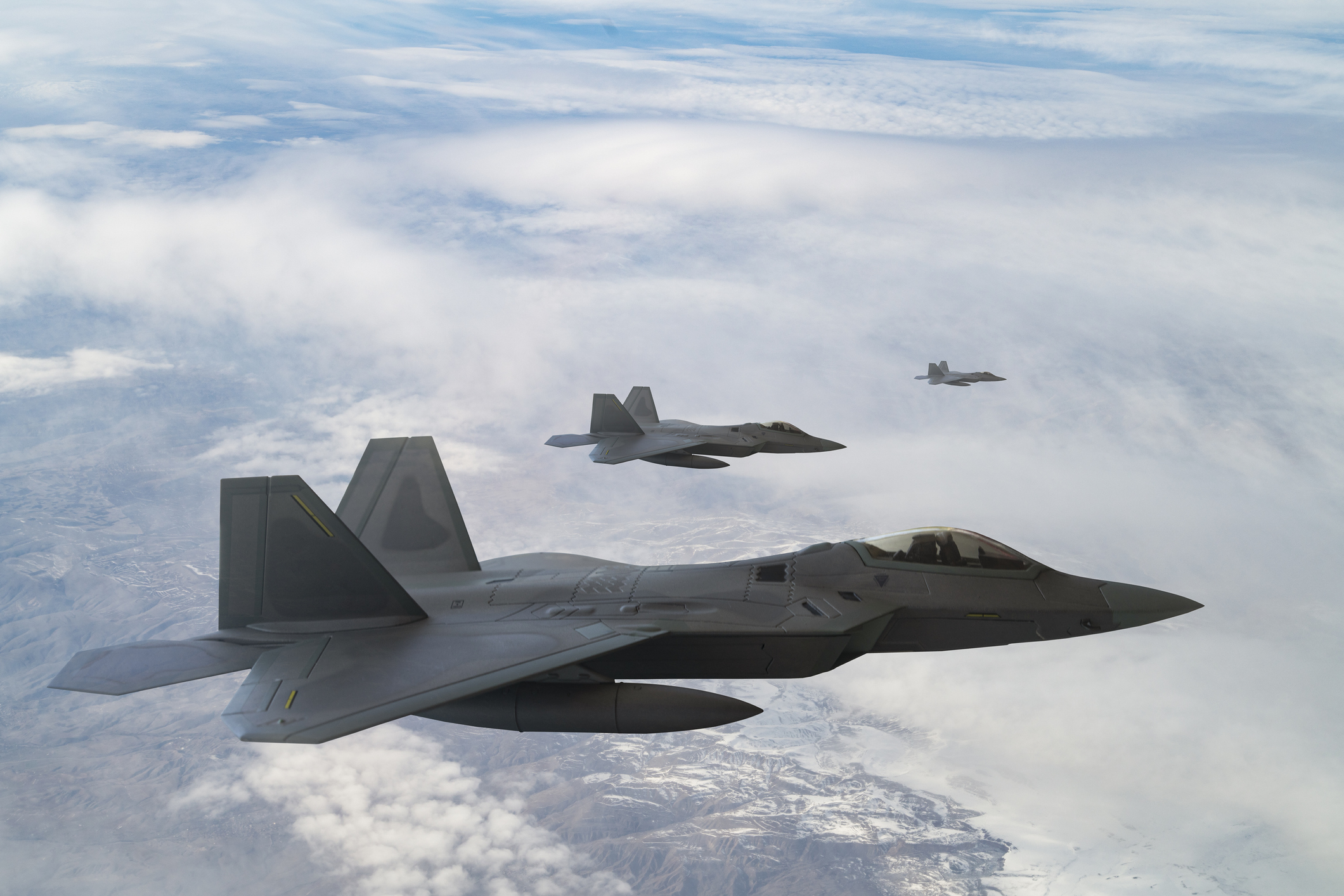The Gaza War, interwoven as it is with the chaotic international tapestry, hints at even deeper and more dangerous implications. The motivations of players outside Israel and Palestine could, if realized, global shift structures profoundly, as happened in 1973.
Reverberations of 9/11 in Gaza
The heart-wrenching images emanating from Gaza have compelled many to draw parallels with the horror of 9/11, calling the recent surge in violence Israel’s 9/11. As the world comes to grips with such impactful events, Sanderson urges a thoughtful and informed response, emphasizing the dangers of laying blame prematurely.
Dissecting the Dynamics: Who’s Pulling the Strings?
Beyond the immediate players, the Gaza conflict reveals the machinations of larger global powers. Sanderson identifies two significant influencers:
1. Iran: With its strategic interests intertwined with regional politics, Iran’s involvement in influencing Hamas, especially in the context of ongoing diplomatic discussions involving the U.S., Israel, and Saudi Arabia, becomes crucial.
2. Russia: The recent tactics employed in the conflict, such as the sophisticated use of drones, hint at a Russian influence, suggesting a broader geopolitical game at play. Likewise, the grotesque human rights abuses, designed to provoke overreaction, are pages from Russia’s playbook.
Historical Echoes and Contemporary Implications
Historical echoes suggest yet more possible involvement by others.
The world does not operate in a vacuum. Sanderson points to the 1973 Palestinian attack on Israel as an important historical marker. The aftermath of that event, notably the U.S. allowing Saudi Arabia to acquire Aramco, had lasting geopolitical consequences.
Fast forward to the present, and Saudi Arabia’s ambitions to diversify its economic interests, underscored by discussions with the U.S. about rare earths in the Congo, hint at shifting sands in global geopolitics.
Conclusion: A World Interconnected
The events in Gaza are not isolated incidents but deeply connected strands in the vast tapestry of global geopolitics. As Sanderson’s insights reveal, understanding these connections is vital. It is the responsibility of world leaders and informed citizens alike to approach such conflicts with empathy, understanding, and a commitment to peace.
Editor: Melissa (Mel) Sanderson
Melissa Sanderson is the globally experienced and forward-looking Founder of Ethically Sustainable Growth (ESG+), advising boards and companies how to position themselves for sustainable success by embracing diversity,…
This article was published by: Melissa (Mel) Sanderson
Visit the original article here



